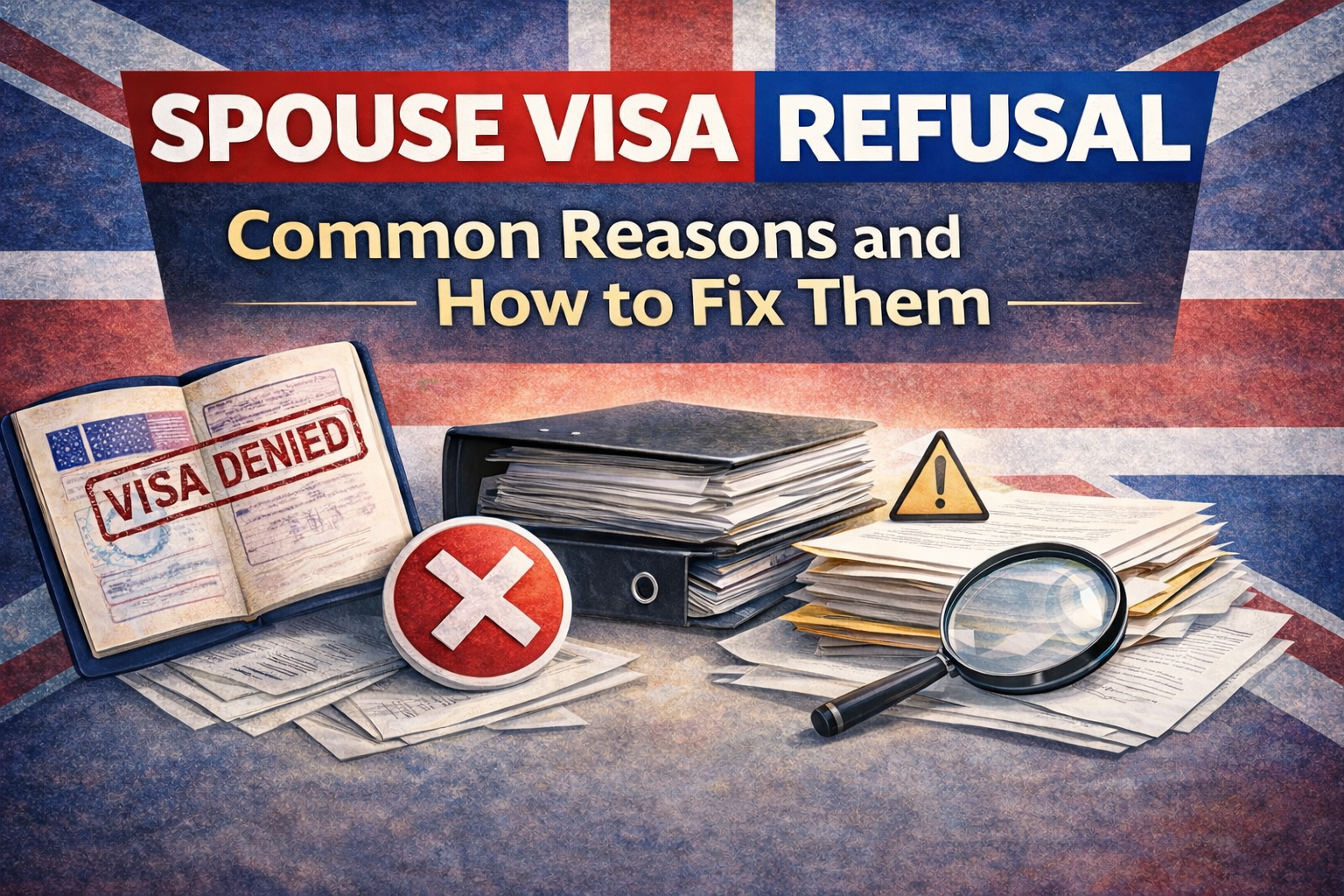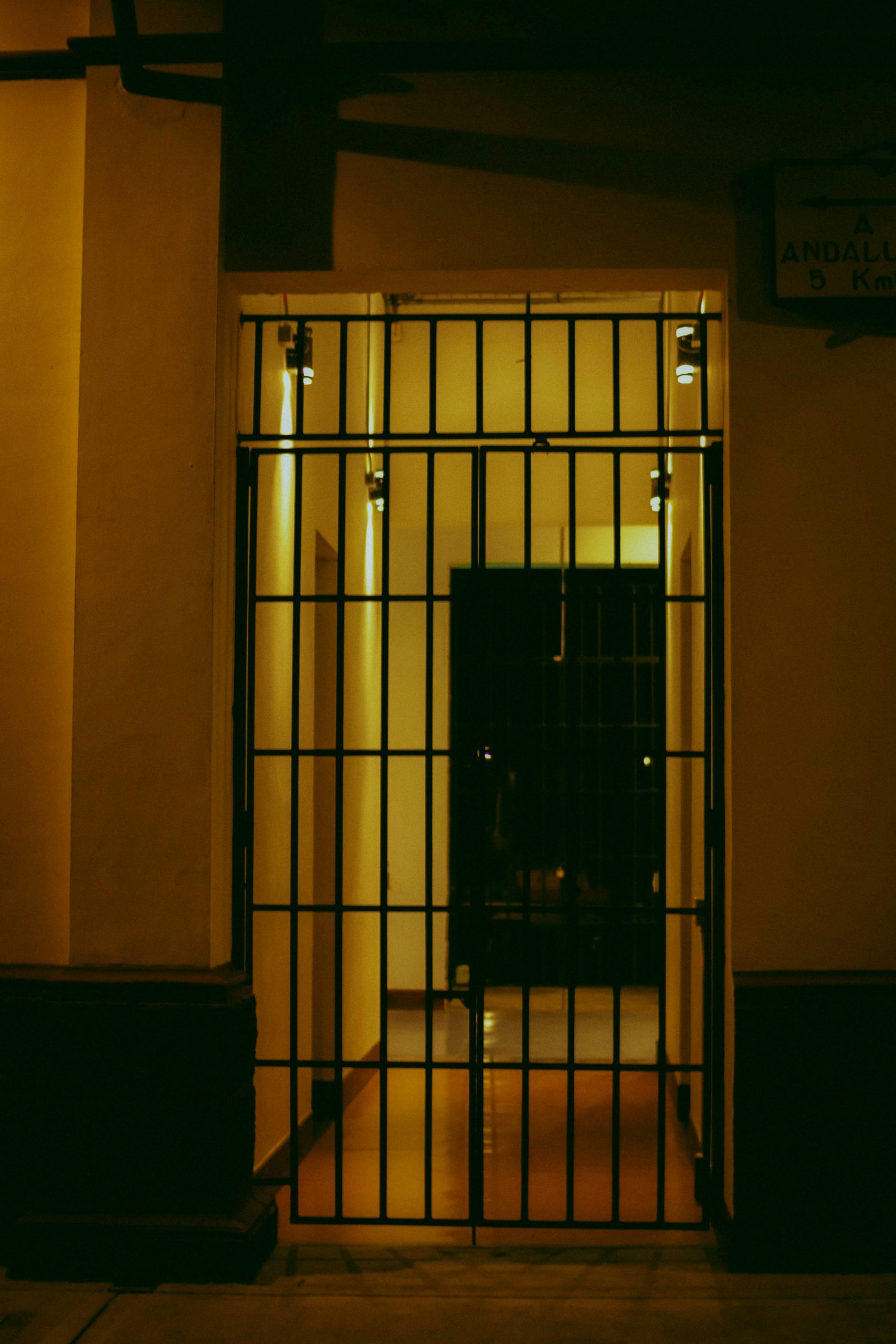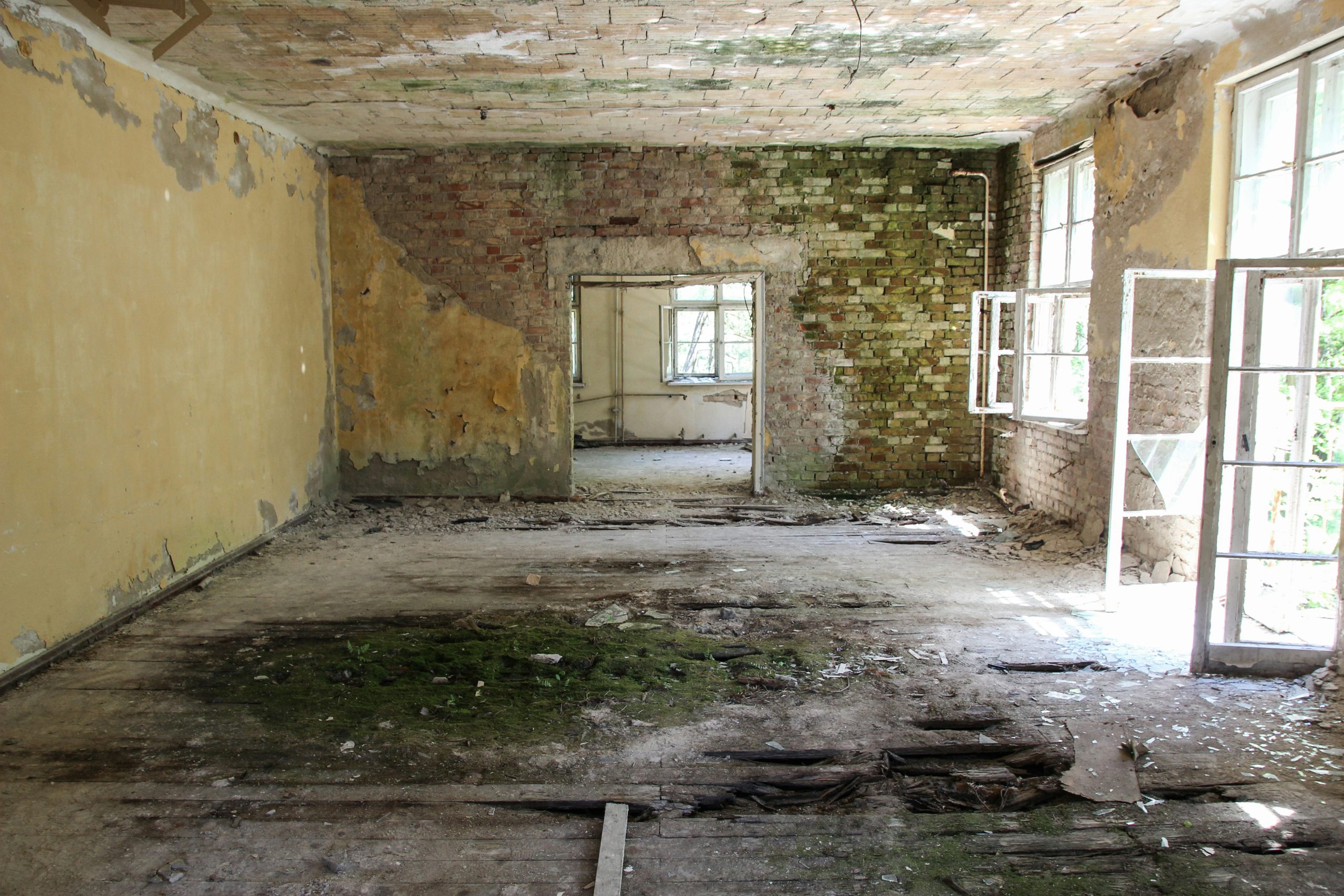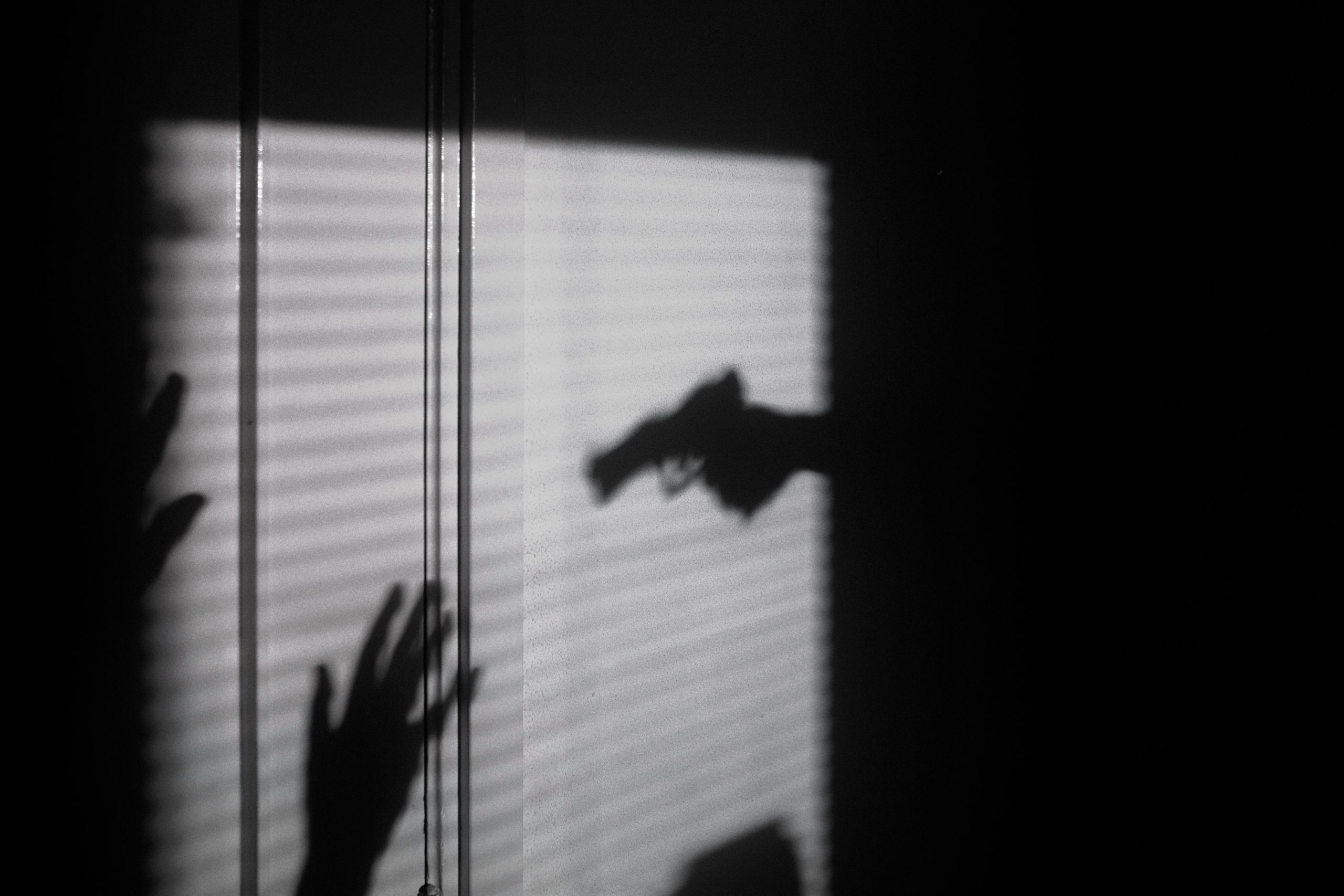Being questioned by the police is a serious matter. Whether you’re under arrest or attending voluntarily, your words and actions at the station can have long-term consequences. This blog outlines what to expect during police station interviews, your legal rights, and why having proper representation is vital.
Do You Have to Attend the Police Station?
There are two common situations where you may be asked to attend:
- Under Arrest: You are detained and brought to the police station.
- Voluntary Interview (Caution Plus 3): You attend by arrangement but still have legal rights.
In either case, the police must inform you of your right to free legal advice.
What Are Your Rights at the Police Station?
When you’re at the police station, UK law entitles you to:
- Free and independent legal advice
- A written notice of your rights
- Access to medical care if needed
- Interpretation services if English is not your first language
- Regular updates if you’re detained
These rights apply whether you’re under arrest or attending voluntarily.
What Happens During a Police Interview?
Before any interview, you will be cautioned:
“You do not have to say anything, but it may harm your defence if you do not mention when questioned something which you later rely on in court. Anything you do say may be given in evidence.”
The police will:
- Ask you questions about the alleged offence
- Record the interview (audio or video)
- Use your answers as part of their investigation
The interview is a critical stage where mistakes or misunderstandings can lead to serious legal issues later.
Why Is Legal Representation Important?
A solicitor will:
- Advise you whether to answer questions, remain silent, or give a prepared statement
- Protect your rights throughout the process
- Prevent unlawful or inappropriate questioning
- Explain the legal implications of anything said
Without representation, you may unknowingly damage your case or miss the chance to clarify important details.
Can You Be Detained Without Charge?
Yes. The police can detain you:
- Up to 24 hours for most offences
- Up to 36 or 96 hours for serious offences with authorisation
If released, it could be:
- Under investigation (RUI)
- On police bail with conditions
In all scenarios, legal guidance is strongly advised.
What If You’re Under 18 or Vulnerable?
Special safeguards apply:
- A responsible adult must be present during interviews
- You must be treated with additional care
- Legal advice is still free and essential
What About Strip Searches or DNA Samples?
The police may:
- Take fingerprints, DNA, or photos
- Conduct a strip search (only with proper authorisation)
You have rights during these procedures. Always seek legal advice before consenting or challenging such requests.
What If You’re Arrested for a Serious Offence?
Representation is absolutely vital if you’re accused of:
- Assault, ABH or GBH – Assault, ABH and GBH Defence
- Sexual Offences – Sexual Assault Allegations
- Drug Offences – Drug Possession
Your solicitor can challenge evidence, advise on defences, and prepare you for any further legal steps.
Police Station Representation
If you’ve been called to a police station or arrested, protect yourself with expert legal advice. Visit our Police Station Representation page to learn how Hi Solicitors can help 24/7.
Final Thoughts
Police interviews aren’t informal chats. What you say can shape your case in court. Always exercise your right to legal representation and understand the process before saying a word.
Hi Solicitors offers police station legal representation across all types of offences, from voluntary interviews to complex investigations. Contact us anytime for urgent support and legal guidance.





